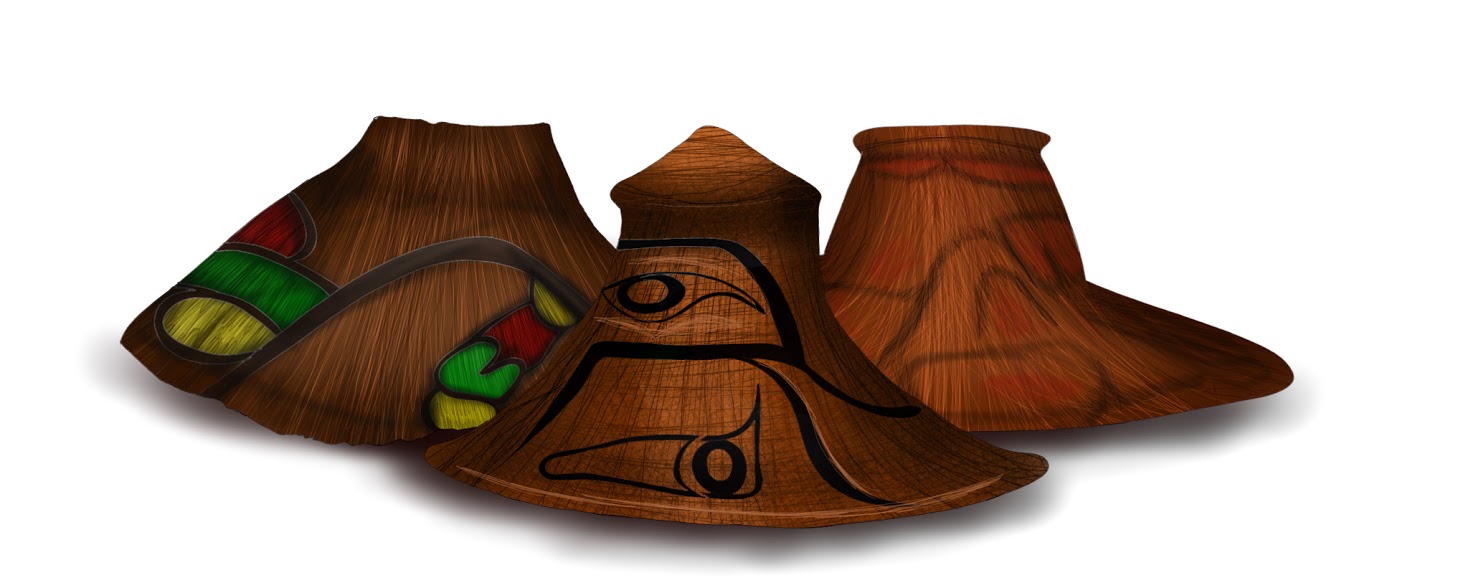
On Monday, the Native American Cultural Center hosted a screening of “Tracing Roots,” a documentary celebrating Native American culture through the tale of a spruce root hat.
The event brought together members of the Yale community to view the film and discuss related issues with its filmmaker, Ellen Frankenstein, and its protagonist, Haida elder and master weaver Delores Churchill. Tracing Churchill’s journey to uncover the origins of a spruce root hat found on the body of Kwäday Dän Ts’ìnchi — the “Canadian Ice Man” — which was discovered in northern Canada in the late 1990s, after being exposed by a retreating glacier. Churchill, who is known for her work as a weaver as well as for her efforts to promote the study and teaching of the Haida language, noted that spruce root hats — which often feature flared rims, woven patterns and painted designs — are associated with her people’s weaving tradition.
“Weaving is such an important part of art history,” Churchill said. “I feel encouraged when I speak to young people like you, because I know it is important to you.”
The film, which Frankenstein noted was approximately four years in the making, uses weaving to bring attention to important issues facing the Haida language and culture, as well as broader environmental crises.
Frankenstein added that “Tracing Roots” features multiple narratives and messages alongside its emphasis on weaving as a tool in preserving important Haida traditions. The documentary, she explained, touches on themes of environmental preservation and contemporary issues like global warming. Churchill highlighted that the spruce root hat, which is central to the film, was discovered because of a retreating glacier, a natural phenomenon that she said occurs as a result of global warming.
Even so, Churchill noted that she thinks younger generations have the ability to reverse the phenomenon’s negative effects.
“Nature knows a lot more than we do and it makes you realize that global warming is really happening,” she said. “It is people like you, young people who are going to make it stop.”
Churchill added that it is important to organize events of this nature in order to raise awareness and educate attendees about these issues and cultures.
Ashton Megli ’18, a member of the Choctaw Nation of Oklahoma, emphasized the importance of educating others about Native American culture.
“Education is really valued with my people,” Megli said. “A lot of Yale students have never been around Native Americans before so it sometimes feels strange when I’m trying to explain where I come from, but a lot of my friends have been interested in learning more.”
Yale’s Office of Career Strategy offers summer internship opportunities in Sitka, Alaska open to both graduate and undergraduate students.







